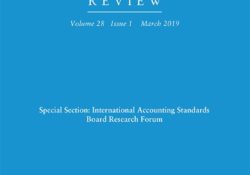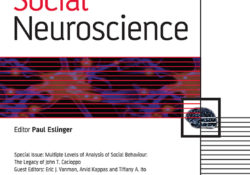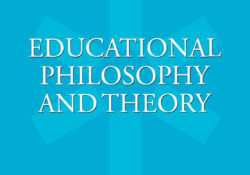tandfonline.com – Is Neuroaccounting Taking a Place on the Stage? A Review of the Influence of Neuroscience on Accounting Research
tandfonline.com har udgivet en rapport under søgningen “Teacher Education Mathematics”: Abstract Insights and technologies from neuroscience research can help accounting scholars more deeply understand how decision-makers physically and cognitively process and react to accounting information and controls. We conduct a systematic review of accounting literature to evaluate whether and how accounting scholars are incorporating neuroscience research into their work and building a field of ‘neuroaccounting.’ To do so, we identify literature that relates accounting research questions to neuroscience research, addresses accounting questions or tasks but has implications for neuroscience or neuroaccounting research, or investigates accounting questions using neuroscience technologies. We then classify that literature into two broad topic areas analogous to the decision-facilitating (how individuals process information) and decision-influencing (how individuals respond to controls) roles of accounting, and map relationships… Continue Reading


